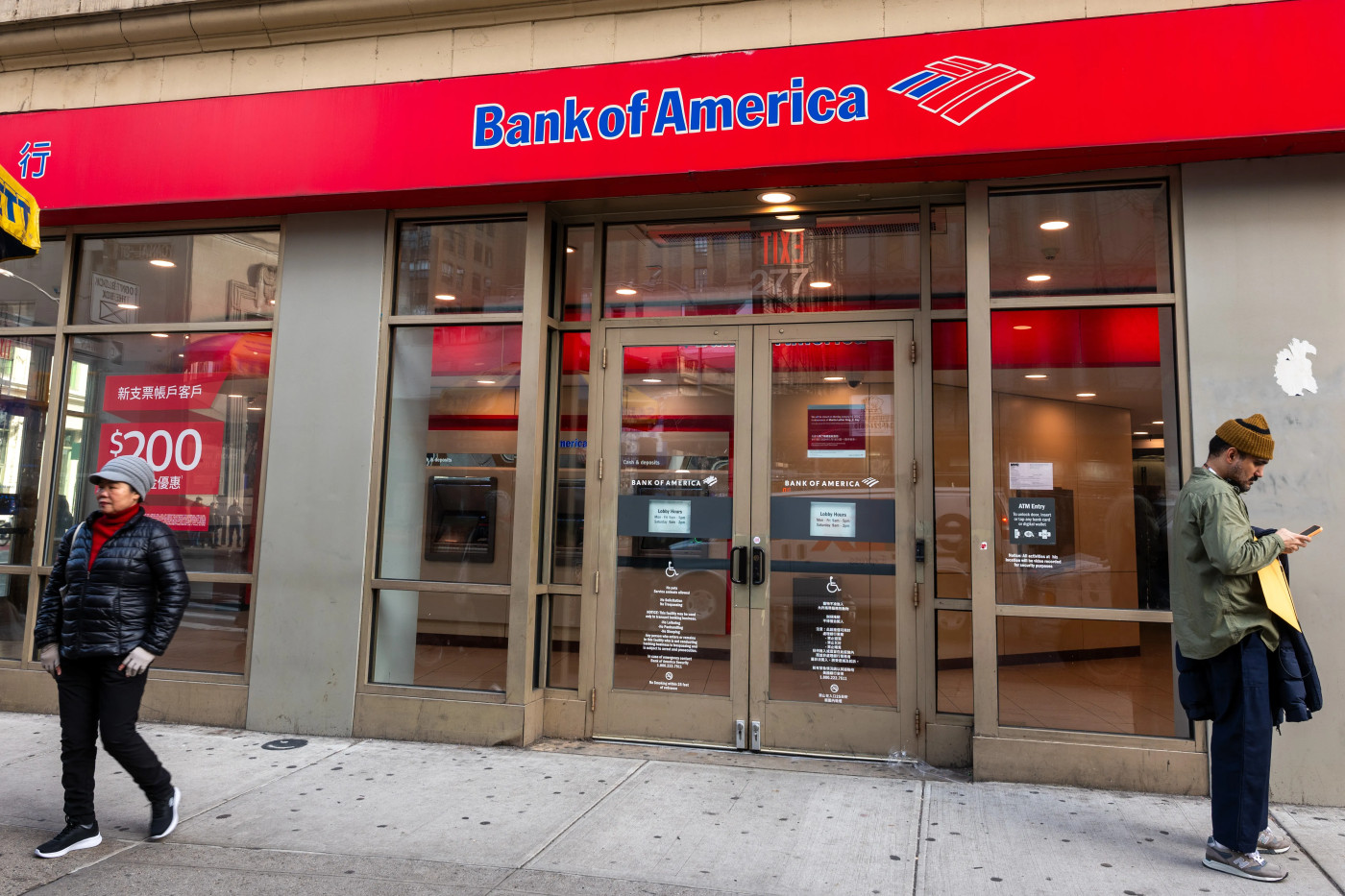
Fannie and Freddie will back homes costing nearly $1 million as prices surge
The federal government’s support for homeownership is about to expand as home prices continue to surge and borrowers struggle to buy.
Fannie Mae and Freddie Mac, the mortgage guarantors linked to the federal government, will back mortgages up to $806,500 starting in 2025, their regulator said Tuesday. That's an increase of 5.2%. Assuming a down payment of roughly 20%, the most expensive homes financed by those mortgages will cost nearly $1 million. It’s another milestone in a market that already feels sharply divided between Americans who own homes and those struggling to break in.
“I think it's practical for (Fannie and Freddie) to meet the market where it's at,” said Molly Goodman, co-founder of Abundant Housing Massachusetts, a housing advocacy organization. “We still need financial products that can serve the market, but we need to recognize that this is not sustainable.”

What do Fannie and Freddie do?
Fannie and Freddie don’t lend directly. Their role is to buy the mortgages that financial institutions like banks offer borrowers. That makes it possible for lenders to offer more loans by providing a sure way to offload them.
Buy that dream house: See the best mortgage lenders
Updating what are known as “conforming loan limits” is a normal annual exercise for their regulator, the Federal Housing Finance Agency (FHFA.) The limits set the upper threshold for loans that can be backed by the two enterprises before borrowers must seek so-called jumbo mortgages, which can be a more onerous process.
"Having those loan limits raised helps a lot more people. It makes it a lot easier, especially for us as lenders," said David Horvath, vice president and senior mortgage loan officer with Meridian Bank. Mortgages backed by Fannie and Freddie offer more flexibility for applicants on things like down payments and credit profiles than jumbo mortgages do, Horvath said.
Are Fannie and Freddie part of the government?
Fannie and Freddie have been in federal conservatorship since the 2008 financial crisis. They are tied to the Treasury Department – and thus American taxpayers – through agreements that were most recently amended in 2021. They pay the government a dividend every quarter, and in return Treasury is obliged to backstop them if they become insolvent.
FHFA’s annual loan limit increases are pegged to how much home prices have risen throughout the year, data which the regulator updates publicly. Between the third quarter of 2023 and the same period this year, FHFA’s home price index rose 5.21%, so the “baseline” conforming loan limits will increase by the same amount. In some high-cost areas of the country, the loan limits are even higher. They also rise from year to year.
Will home prices rise in 2025?
Selma Hepp, chief economist for real estate data provider CoreLogic, expects home price growth to slow in 2025, largely because mortgage rates are likely to stay elevated and mute some demand.
Nudging loan limits higher will make only a marginal impact on affordability, Hepp told USA TODAY.
“How is it possible that home prices are still growing at the rate they’re growing given how unaffordable it is?” Hepp said. “You have so much cash out there right now in terms of existing homeowners having so much home equity, baby boomers having so much wealth accumulated, and a lot of them giving down payments to their kids.”
More:Inflation is trending down. Try telling that to the housing market.
Census data show that nearly 40% of American homeowners have no mortgage at all, either because they’ve lived in their homes long enough to have paid it off, or because they paid cash for their home. That’s the highest share in over a decade.
Despite the difficulties, for most Americans, it's worth trying to break in, Hepp says.
"I always get this question, is now a good time to buy?" Hepp said. Other than the few years starting with the peak of the subprime bubble in about 2005, it's always been a good time to buy, she believes.
"If you bought any time after about 2010, you've gained a lot of equity, you know," Hepp said. "I do think the market today is a little bit more challenging than at any other time. But home prices just keep on going up."
What will make housing more affordable?
Many housing advocates believe the biggest challenge facing the housing market is the lack of supply, which pushes prices much higher than they would otherwise be. In contrast, making it easier or cheaper to get a mortgage addresses the demand side of the equation.
While most of the forces that influence supply exist on the local level, the federal government has a role to play, as well, Goodman said.
“The federal government's role really is money-related,” she said. “So if they can put strings on some of the funds that they're sending to local governments, I think that is the most powerful thing that they can do to increase housing production, which will then hopefully bring down home prices or at least stop the inflation from going so rapidly.”


